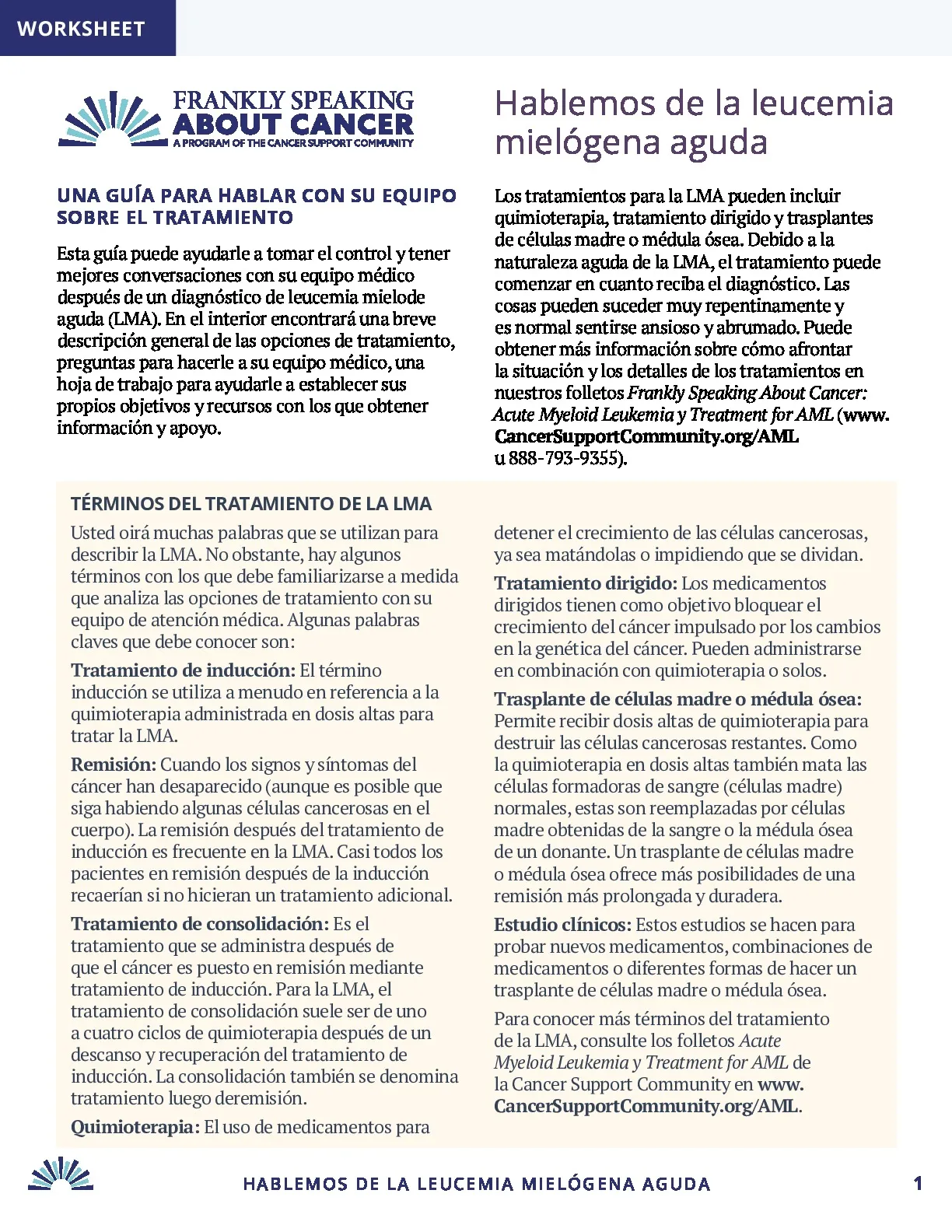Blood Cancers
Table of Contents

Leukemia
Leukemia is cancer of the blood cells. It forms in tissue such as bone marrow and causes blood cells to be produced and enter the bloodstream. It usually starts in white blood cells, which are strong infection fighters. The blood cells grow and divide abnormally, producing large numbers of white blood cells that do not function properly.
Types of leukemia include:
- Acute Lymphocytic Leukemia (ALL)
- Acute Myeloid Leukemia (AML)
- Chronic Lymphocytic Leukemia (CLL)
- Chronic Myeloid Leukemia (CML)
Acute lymphocytic leukemia (ALL), sometimes called acute lymphoblastic leukemia, is a type of cancer that begins in the immature white blood cells in the bone marrow, the hollow space inside of your bones where blood is made. The leukemia cells do not function like normal blood cells, and they grow quickly inside the bone marrow, overtaking the space there.
AML begins in the bone marrow, the soft inner part of certain bones, where new blood cells are made. Changes happen in some of these cells that make them grow out of control. AML usually grows and moves into the blood quickly.
Chronic lymphocytic leukemia (CLL) is a cancer that begins in B lymphocytes or B cells. These are a type of white blood cell. B lymphocytes are part of the immune system and make antibodies to attack bacteria, viruses, and toxins.
Chronic myeloid leukemia (CML) is a blood cancer. It begins in myeloid cells which are made in the spongy center of bones (bone marrow).
Healthy myeloid cells form a balance of different blood cells: red cells, some types of white cells, and platelets. In CML, genetic changes cause myeloid cells to produce blood cells that grow out of control.

Leukemia Treatment Options
Learn about watchful waiting and the different treatment therapies available.
Lymphoma
Lymphoma is a type of blood cancer that develops in the lymph nodes and tissues of the lymphatic system, an important part of the body’s immune system. Lymphomas begin in the white blood cells (lymphocytes) and affect the body’s ability to fight infection. Bone marrow makes red blood cells, blood platelets, and white blood cells. Lymphomas sometimes start from bone marrow lymphocytes.
When diagnosed with NHL, I told my physician about my daughter’s wedding. He worked with me to develop a treatment plan that accommodated this special day. Because of this initial line of communication we’ve developed a relationship that made all the difference in the world.
Multiple Myeloma
Myeloma is a cancer of the plasma cells, a type of white blood cell that develops in the bone marrow. Plasma cells make antibodies and help the immune system fight off infection and disease. In people with multiple myeloma, the plasma cells become abnormal and produce a protein called an M protein. When these abnormal plasma cells multiply, they can create bone lesions and tumors that can cause damage to the bones and lead to pain.
Myeloproliferative Neoplasms (MPNs)
Myeloproliferative Neoplasms (MPNs) are blood cancers that occur when the body makes too many white or red blood cells, or platelets. This overproduction of blood cells in the bone marrow can create problems for blood flow and lead to various symptoms.
There are three main types of MPNs:
- Polycythemia vera (PV)
- Essential thrombocythemia (ET)
- Myelofibrosis (MF)
What Are MPNs?
This video will help you understand what MPNs (myeloproliferative neoplasms) are, symptoms to look for, and possible treatment options. Have a concern of your own? Please call our Cancer Support Helpline to talk with an experienced…
MPN Translated Resources
Educational publications about MPNs are now available in additional languages, including أمراض تكاثر نقوي (Arabic), 骨髓增殖性肿瘤 (Chinese), 골수증식종양 (Korean), миелопролиферативные опухоли (Russian), neoplasias mieloproliferativas (Spanish), bệnh tăng sinh tủy ác tính (Vietnamese).
Myelodysplastic Syndromes (MDS)
Myelodysplastic syndromes (MDS) are a group of rare blood cancers that affect the bone marrow. They occur when stem cells (immature cells) in the bone marrow do not age or develop in a normal way.
Frankly Speaking About Cancer Library
LibraryWould you like a print copy of these educational materials?
We can mail our Frankly Speaking About Cancer pieces to you. Shipping is free for up to 20 pounds.












